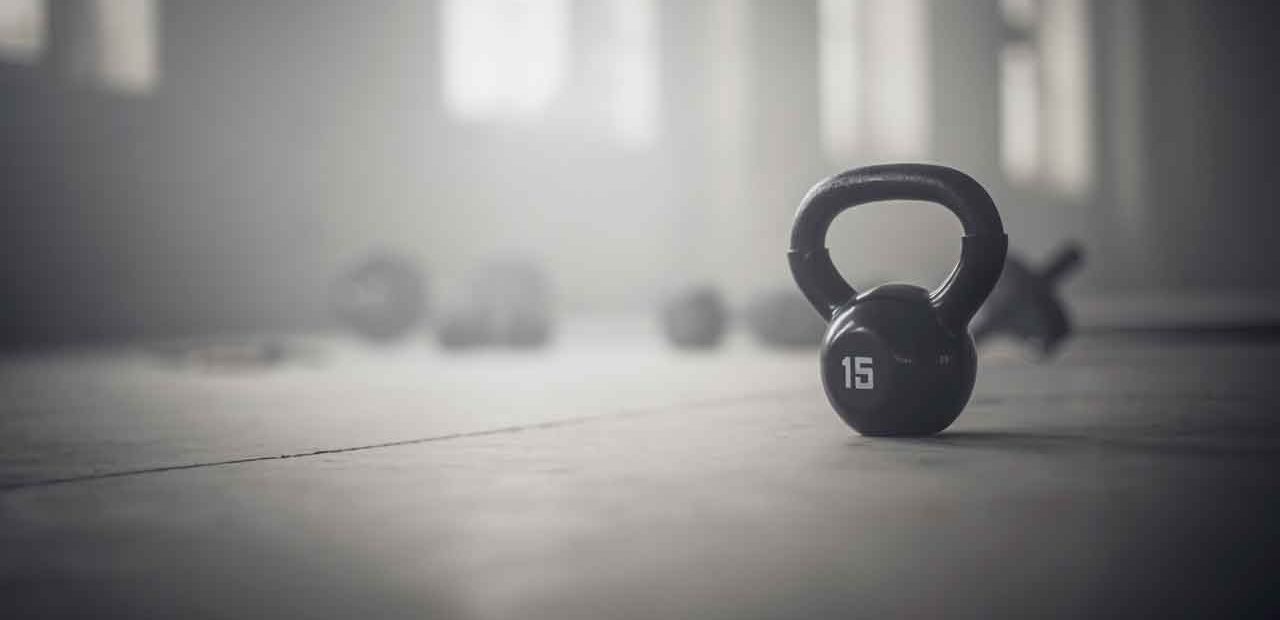February 14, 2018
Three Ways to Assess Your Love Relationships

If you’re wondering about whether your relationship will last — and just as important, whether it is a good bet for your health and happiness — I propose three tests.
YOU MIGHT ALSO LIKE: Do You Know How to Be Happy in Your Relationships?
1. How do you feel about the time you spend after sex, the after-glow? Do you end the experience craving more sex, more conversation, more something because you’re still vaguely dissatisfied, despite an orgasm? Or are you feeling cuddly and close, even if the orgasm was mild or didn’t happen? And how does your partner feel? Is he restless and anxious to get on with his day in a moment or two? Are you? If you are having sex at night before bed, do you tend to fall asleep touching in some way?
Most people are conscious of feeling after-glow for maybe a half hour. But sexual satisfaction may actually linger for up to 48 hours, according to a recent study. The same study found that couples who experienced stronger afterglows after the sex they had over a two-week period were happier in their relationships six months later.
To evaluate your likely future, you might focus more on how you both feel after sex for the next couple of days rather than the intensity in bed.
2. Do you manage time well as a pair?
If you have trouble organizing schedules, getting places on time, or often feel rushed or restless with your partner, pay attention.
Do you or your partner say “I’m just living in the present” or “Follow your heart”? Those two attitudes are fashionable these days. “Living in the present” has a Zen-shine, suggesting “mindfulness.” But they can also be code words for irresponsibility, neglecting the future.
“Follow your heart” tends to be another code for a short-term mindset. Feelings are immediate, thinking projects forward.
Be honest with yourself. If you tend to stress out about the future and berate yourself over your past, then “living in the present” is a good antidote. You need to deepen your appreciation of the day-to-day. If you’re irresponsible in important ways, “living in the present” and “following your heart” aren’t the best mantras.
I believe that happy couples find a balance. A happy-go-lucky person could go well with a big planner — if they see the dynamic and respect the yin yang.
3. Do you and your partner talk about your shared values? It may not be as obvious as going to church together and discussing the sermon. Values come up in talks about problems at work, gossip about friends, or post-movie analysis.
I am a practical sort. I respect people who take care of their health, finances, and relationships. They have problems — everyone does — but they shoulder them. Tell me about how you lost weight after that heart attack or cut your expenses and I feel glowy.
Do you respect your partner? Does your partner respect you? Are you becoming better people because of the time you spend together?
Centuries ago, Aristotle laid out three kinds of friendships (but we can apply the same thinking to romance). He described friendships based on utility — what you each get from each other. I live in New York City, have never owned a car, and like to go hiking. For me, it’s a big plus if anyone I connect with has a car and wants to hike.
There are friendships based on pleasure — you have a lot of fun. Recently, an ex of mine told me that he was having really hot sex with his new girlfriend who had a wild past and that she drank a lot.
Then he said: “I want to show her that I’m not just another shallow guy.”
Aristotle observed that friendships based on shared virtue bring us the most happiness. If you are inspired to be your best self with your partner — and your partner wants to show you his good character — you are most likely to demonstrate that good character when things get tough and stay together for good reasons.
Complex relationships aren’t going to be all utility, all fun or all virtue. In the example I just gave, both fun and virtue were at play, keeping him in the relationship. But it’s an easy bet that a relationship in which you never think together about ideals won’t make you happy in the long run.
You might see a pattern here. In all three of these tests, we need to be conscious of time. After-glow is measured in days. The old “head/heart” debate becomes a question of time perspective. Bonding over virtue means keeping your eye on your life as a whole, as if you were at the end of the novel, thinking back. The question of who you want to spend your time with — a day, a month, or decades — is in the end, a question of time.
YOU MIGHT ALSO LIKE: Does Your Definition of Love Include Sacrifice?

